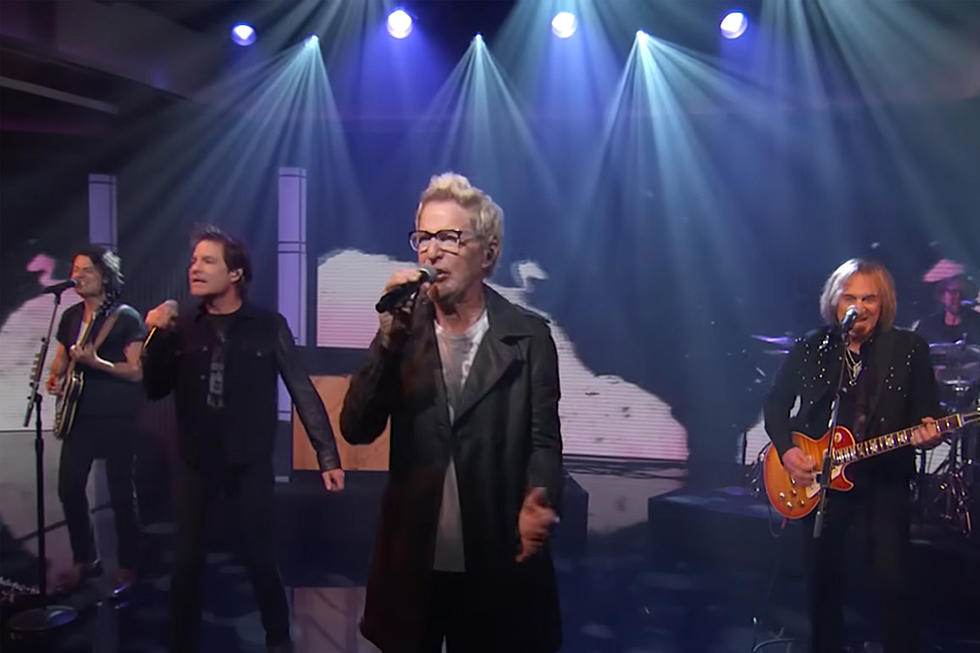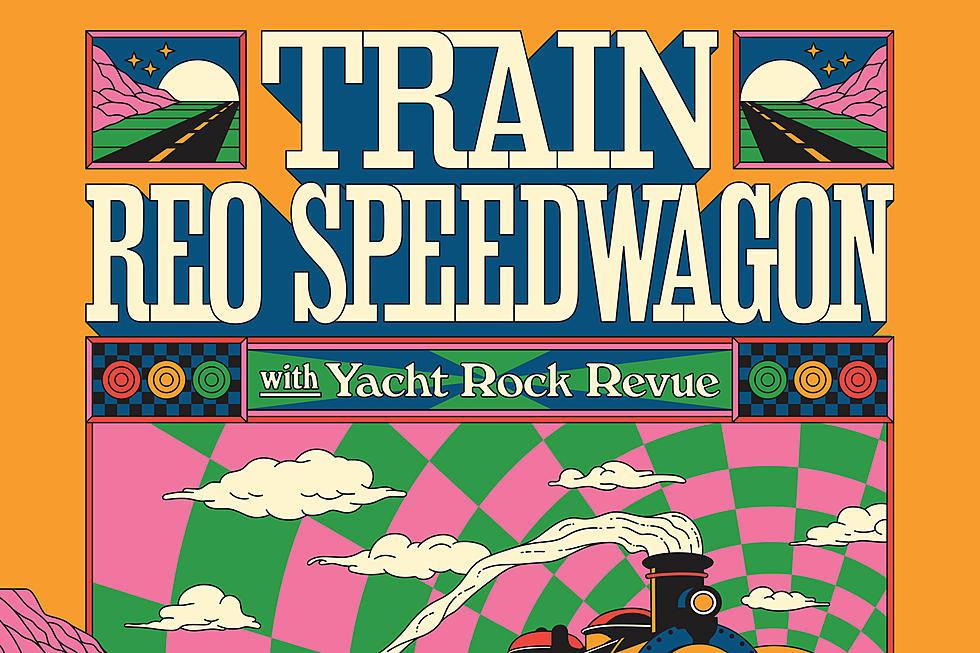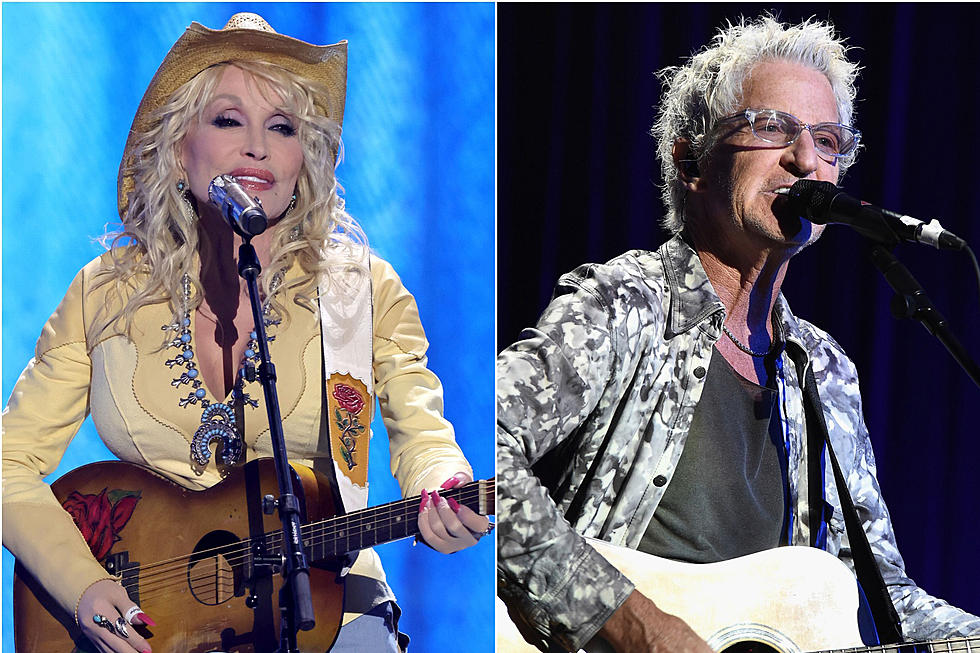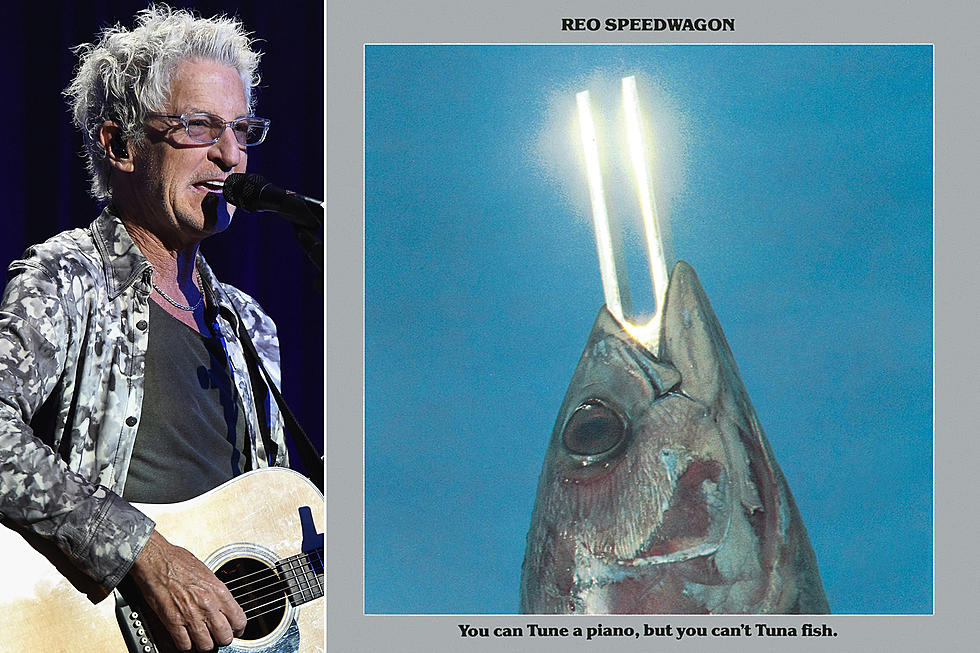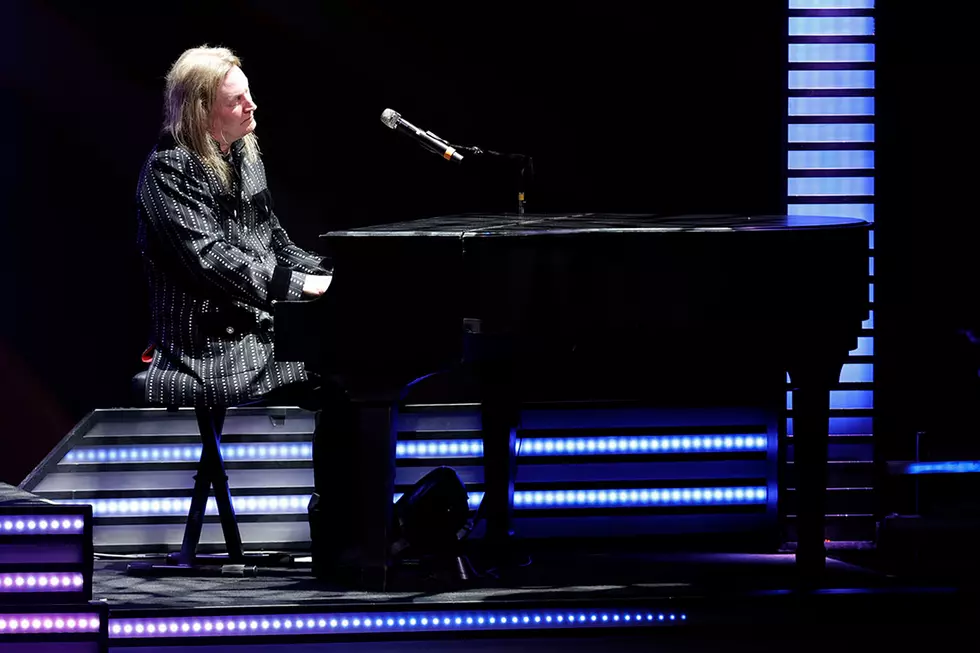
REO Speedwagon’s Neal Doughty Celebrates 30 Years Of ‘Hi Infidelity’
There's an interesting tale behind REO Speedwagon keyboardist Neal Doughty and the events that would eventually lead him to form a band that would become one of the most successful pop/rock acts in the '70s and '80s. Doughty was going to school at the University of Illinois in Champaign, Ill. in the mid-'60s, studying electrical engineering. He found that the curriculum was tougher than he expected, but what came next was even more unexpected. He met future REO drummer Alan Gratzer, who was encountering similar second thoughts about his chosen path.
The pair stayed in school, but they found a different kind of electricity as they started to make music together and assembling the first version REO Speedwagon, although the band would go through several lineup changes and a shift in music style prior to becoming the REO that we know and love today.
Kevin Cronin and Gary Richrath would join later, forming the core unit that went on to create arena rock magic, striking multi-platinum with 'Hi Infidelity' in 1981, an album that contains one of the more impressive A-side song lineups from the period, with hit after hit.
As 'Hi Infidelity' marks its 30th anniversary with a new expanded reissue, we spent some time turning the dials back with Doughty to reflect on those times and the things that have happened since then.
As you celebrate 30 years of 'Hi Infidelity,' looking back, it was a tale of two different albums, going from 'Nine Lives' to this one, huh?
Yes. And we still never know exactly what happened, it was just the right songs came together. That's the first album we made where I was convinced every single song was good. I was listening to the thing before it came out. Usually when we'd finish an album, I'd take a little breather and not even listen to it for a while. That one was just my favorite record from the time we finished it. That's how I knew something must be different.
There's another thing that shows up in this 30th Anniversary package – we found the original demos for this thing where it was just guitars, bass, drums and kind of a temporary vocal. They didn't have keyboards on it yet, and there wasn't even a vocal on one of them. These demos are just the way they were played in the studio -- very quickly, just something to show the record label that we had some songs. Those demos became the foundation of the finished record.
You can hear from that raw demo that the basic songs and even the basic tracks were already there. So that's an interesting comparison to make, listening to the raw product and the finished product. I guess these demos were lost in our manager's garage for 28 years in a mislabeled box.
Did you guys always record demos that were so fully formed back then, with the full band treatment as opposed to the more traditional acoustic demos you hear from a lot of bands?
Usually. A lot of times, when we'd make a record, we'd put the keyboards on toward the end when we knew that's what we wanted then. Which is still what we did with this one, but this seemed to be one that all of the other stuff [already] sounded pretty good. I'm adding the keyboards on and they're going “boy, this stuff sounds pretty good already, you'd better come up with something!”
We didn't really need to put a lot of things on the demos, just in order to show them to the record company – they just sounded that good on their own, with the four or five guys playing at the same time. I think that just shows how the foundation of the songs were there.
The album sounds big. too. When I was listening back to this album, it really struck me how you play that signature keyboard part that starts off 'Keep On Loving You' and then those huge guitars come in. And then 'In Your Letter' is another one that I can hear in the demo version how things got built up later.
Right. That song, I put the keyboards on when everything else was done, and I just went home and came up with that keyboard part myself, went into the studio and played it the first time through and everybody loved it.
So although it wasn't always that way, I liked having everything else to listen to by the time I even started thinking about a keyboard part. Because with so much guitar in there, you can't just play keyboard parts as though you're Bruce Hornsby or something. There's not a whole lot of distorted guitars on his records because it kind of conflicts in the same range as a lot of piano stuff, so that's why we would often wait until almost the end to see where a keyboard part would fit.
And in this case, we knew the songs were there and we just kept with them on the original tracks, and then we started adding everything else. You mention 'Keep On Loving You'-- that was a thing where Kevin brought that song in. He'd written it on piano, and he started playing it for us with just him and piano. We didn't really like it – we thought that's too soft for us. But then Gary just picked up his guitar and started adding his part to it and we went “oh, this must be one of those things they call a power ballad.” I'm not even sure we'd heard such a thing before.
But it was those two guys putting their own individual stamp on the same song and that kind of invented a type of song – we still do 'Keep On Loving You' and 'Can't Fight This Feeling' in concert. But before that, some of the songs were rockin' and some of them were a little more quiet, like 'Time For Me To Fly.' That's just a record where two different songwriting styles really came together perfectly.
This year is the 30th anniversary for MTV and you guys were a big part of that story – how did things change for REO once music videos entered into the equation?
Well, obviously we did much better on the radio, and that would influence what MTV was doing, but from the beginning, we had a nice relationship. We were one of the first 10 videos ever played on MTV. We were the first live concert that MTV made for their own purposes. At one point, 'Can't Fight This Feeling' had a concept video we had made, then MTV made a little documentary and they put together their own video for 'Can't Fight This Feeling.' For about a month, both versions were being played on MTV.
I don't know if that's happened very often or ever. So we were right with them from the beginning, we just became friends with the organization. Eventually, it even got to a point where the videos were doing better than the records, like 'That Ain't Love' – a big expensive video that we shot out in the desert with David Fincher, who directed 'The Social Network.' 25 years ago, he was directing our video, a very cinematic, beautiful looking video. MTV liked it, so I think it got more play on MTV than it did on the radio.
Also, we always had a lot of fun making videos. We never tried to be too serious. Some of them are just downright goofy and people seem to like that, too. So the video thing definitely helped us, at least two or three of our songs, quite a bit.
Appropriately, the 'Hi Infidelity' album is a big part of your concert setlist this year, with seven tracks in the set. REO did a full album run-through of the album a few years ago for XM. What sort of feelings did that bring out, playing those songs, some of which you hadn't played since the album was recorded?
What was remarkable was how easily they all came back, they were actually easy songs to play. I always had the theory that when a song's easy to play, it's also easy to listen to. I think that was part of it too, the songs were relatively simple. These were songs that maybe were a little more complicated than they sounded on the surface, but just very natural and easy to listen to. The thing that surprised me the most was how quickly they came back and how much I still liked them.
'Find Your Own Way Home' (2007) was a great album. Is there perhaps another new REO studio album coming in the future?
Well, you know, it's so hard to market a full length CD from a band that [has as much released material as REO]. We still have complete interest in writing new material and experimenting with new things, but it's probably more likely to be something like recording one song at a time, shipping it straight to iTunes, because we have friends there too. People kind of like having the choice of buying one song at a time these days, so I think we probably won't keep fighting that trend. We'll probably jump in with the 21st century style of buying music. Because I know, Kevin especially, will never stop being able to write songs.
Watch REO Speedwagon Perform 'Keep On Loving You'
More From Ultimate Classic Rock
